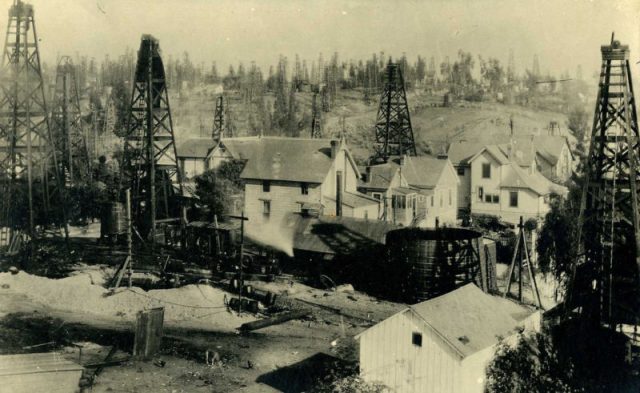MI weekly selection #208
MI weekly selection #208

Los Angeles quakes in 1920s likely tied to oil drilling
The oil industry may have caused earthquakes in the Los Angeles area in the 1920s. US Geological Survey researchers looked at 18 significant quakes that occurred near active oil fields and determined that 13 of them likely were connected with oil drilling.
Huge, 3,000-year-old Philistine graveyard found in Israel
An ancient Philistine graveyard found in Israel is giving archaeologists clues about the health and lifestyle of the people whose fight with the Israelites is chronicled in the Bible. So far, about 227 individual remains have been discovered, and archaeologists say there could be about 1,200 individuals who were buried there over the course of 100 years.
New mouse model might improve Zika virus research
Researchers at the FDA have developed a mouse model that, as a newborn, is susceptible to Zika virus and develops neurological symptoms within 12 days of exposure but eventually recovers. The model provides a critical new tool for studying how Zika replicates and spreads in the body as well as its long-term effects.
Porpoises adjust their heart rates to match dive lengths
Porpoises can deliberately adjust their heart rate to correspond with the length of their dives, according to findings published in Current Biology. The behaviour could extend to all cetaceans.
Dwarf galaxy found in Milky Way’s halo may hold dark matter clues
A faint dwarf galaxy about 280,000 light-years away has been spotted by astronomers in Hawaii, raising questions about the possibility that there may be more such galaxies in the Milky Way’s halo. “How many satellites are indeed there and what properties they have will give us an important clue of understanding how the Milky Way formed and how dark matter contributed to it,” said Masashi Chiba, the lead astronomer on the international research team.